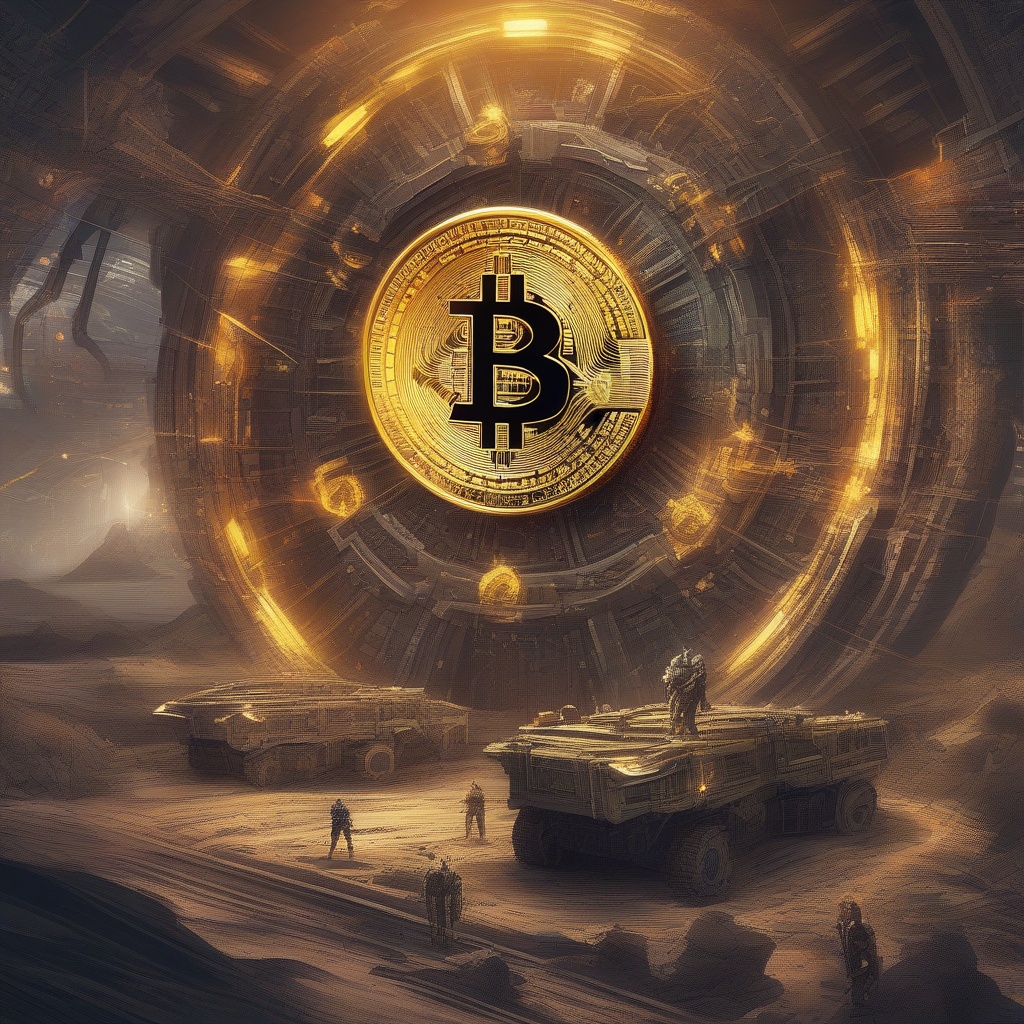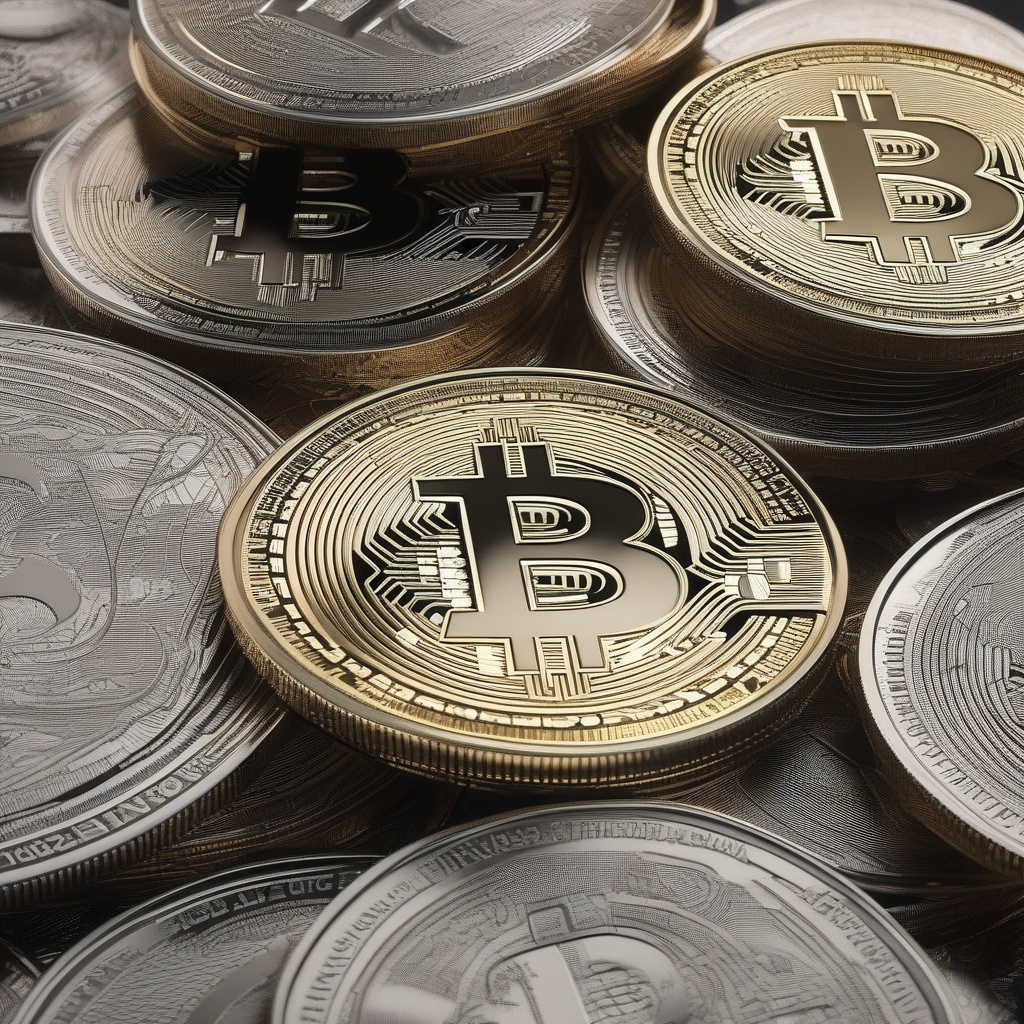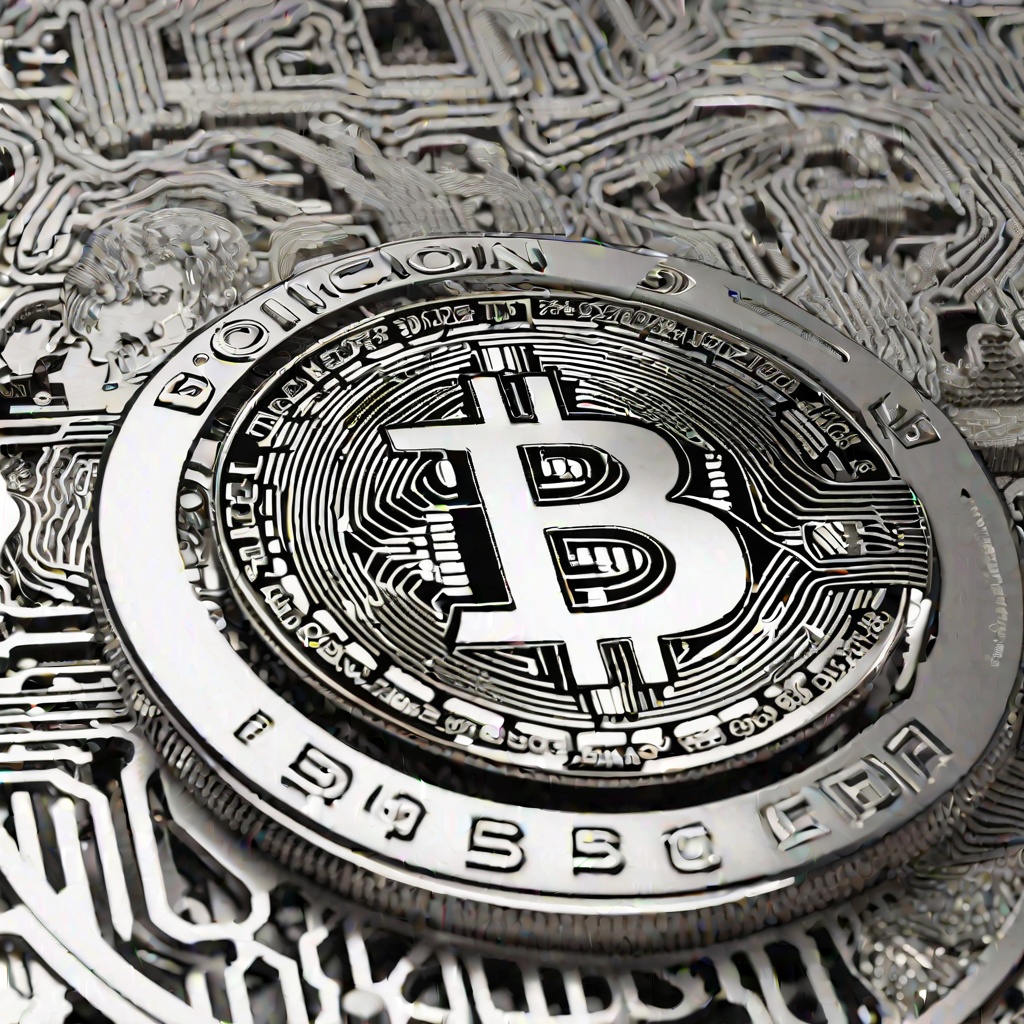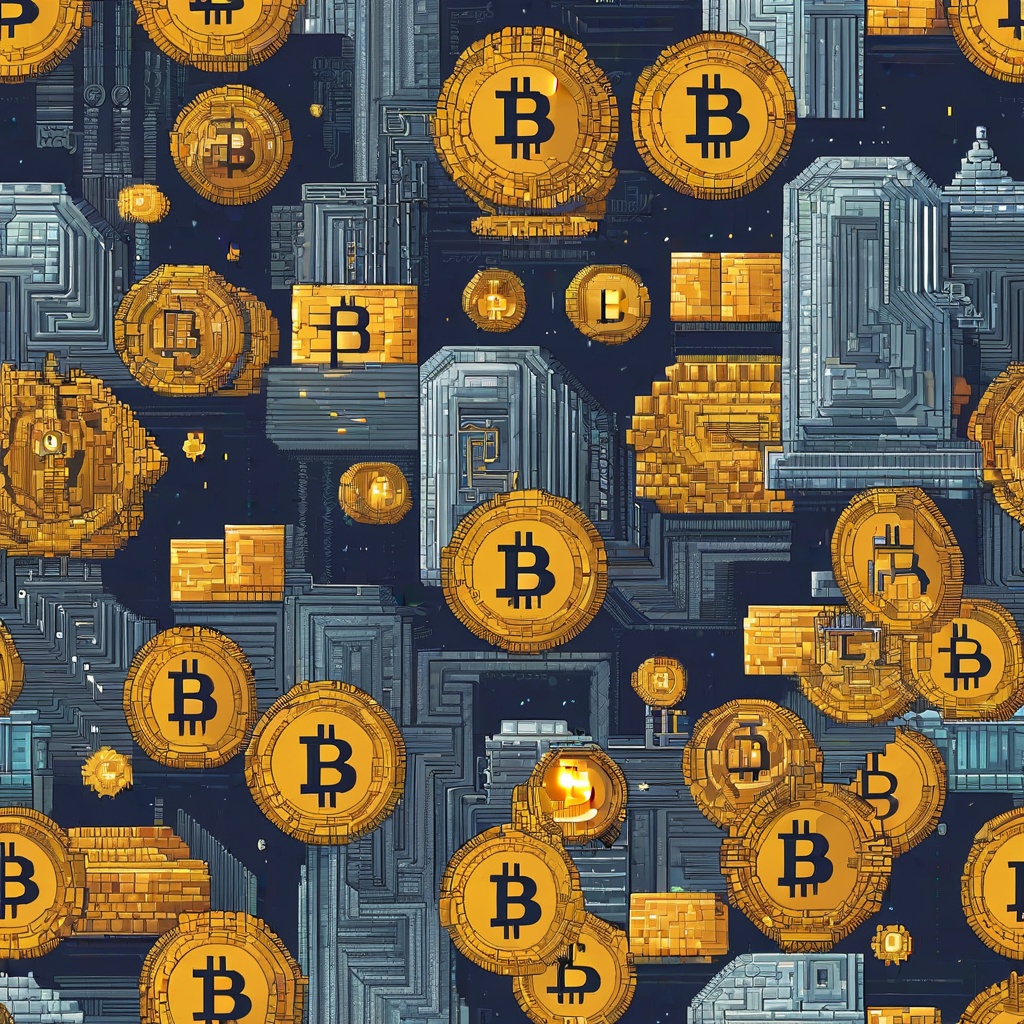Is liquidity mining real or fake?
The question of whether liquidity mining is real or fake is a valid one in the ever-evolving world of cryptocurrency and finance. Liquidity mining, in its essence, refers to the process of earning rewards by providing liquidity to decentralized exchanges or liquidity pools. However, with the influx of numerous projects and platforms claiming to offer liquidity mining opportunities, it's crucial to distinguish between legitimate and potentially fraudulent schemes. The legitimacy of liquidity mining depends largely on the underlying protocol and the trustworthiness of the platform offering the rewards. Well-known and audited decentralized exchanges, such as Uniswap or SushiSwap, have implemented liquidity mining successfully, rewarding users with tokens for contributing liquidity to their pools. These platforms offer a transparent system with clearly defined rules and risks. However, not all liquidity mining schemes are genuine. Some platforms may promise unreasonably high rewards with little or no risk, which should raise suspicion. It's important to conduct thorough research, including checking the team's background, auditing the smart contracts, and understanding the tokenomics of the project. In summary, liquidity mining can be a legitimate way to earn rewards, but it's crucial to be vigilant and exercise due diligence before participating in any such scheme. Asking questions, conducting research, and understanding the risks involved are essential to protecting your investments in this dynamic field.

Is the Métis token real or fake?
With the proliferation of cryptocurrencies and digital tokens in today's market, it's no surprise that questions like "Is the Métis token real or fake?" arise. Given the vast array of options and the potential for scams, it's crucial to conduct thorough research before investing in any digital asset. The Métis token, specifically, should be scrutinized for its underlying technology, team credibility, market reception, and compliance with regulatory requirements. Questions like its use case, liquidity, and whether it's listed on reputable exchanges are all important factors to consider. Additionally, community feedback and independent reviews can provide valuable insights. Ultimately, making an informed decision is crucial in this volatile yet exciting space.

Is Metis coin real?
With the influx of various cryptocurrencies in the market, it's understandable to have doubts about the authenticity of some coins. The question "Is Metis coin real?" begs for a thorough investigation. Firstly, we must delve into the origins of Metis coin. Who is the founding team? Do they have a track record of success in the crypto space? Secondly, we should analyze the technology behind Metis. Does it have a unique selling point? How secure is its blockchain? Additionally, we need to assess the community support for Metis. Are there active discussions on forums and social media? Are there any major partnerships or integrations? Lastly, we should also consider the liquidity and market capitalization of Metis coin. Is it widely traded on major exchanges? Does it have a healthy trading volume? Answering these questions will help us determine if Metis coin is indeed a legitimate <a href="https://www.btcc.com/en-US" title="cryptocurrency">cryptocurrency</a>.

Are zero-knowledge proofs real?
In the ever-evolving landscape of cryptography and blockchain technology, the concept of zero-knowledge proofs (ZKPs) has garnered significant attention. But what exactly are they, and can we truly consider them as 'real'? At its core, a ZKP is a cryptographic protocol that allows one party to prove to another that a statement is true, without revealing any other information besides the validity of that statement. The intrigue lies in its ability to maintain privacy while ensuring verification. But are these proofs truly feasible in practice? Can we trust their security and robustness, especially in the high-stakes world of finance and <a href="https://www.btcc.com/en-US" title="cryptocurrency">cryptocurrency</a>? Today, we delve into the nuances of ZKPs, exploring their real-world applications, limitations, and the challenges that stand in their way to becoming a ubiquitous tool in the crypto ecosystem.

Is USDT miner real or fake?
As a professional practitioner in the field of <a href="https://www.btcc.com/en-US" title="cryptocurrency">cryptocurrency</a> and finance, I often encounter queries surrounding the authenticity of various mining operations. One such query that has piqued my interest is the question: "Is USDT miner real or fake?" This query underscores the confusion and skepticism surrounding the legitimacy of mining operations associated with USDT, a stablecoin pegged to the value of the US dollar. In seeking to answer this question, it's crucial to understand that USDT is not a mineable cryptocurrency. Rather, it's issued by a central authority, Tether, which maintains its pegged value through various mechanisms. Thus, any claim of mining USDT should be viewed with skepticism, as it likely indicates a fraudulent scheme.

